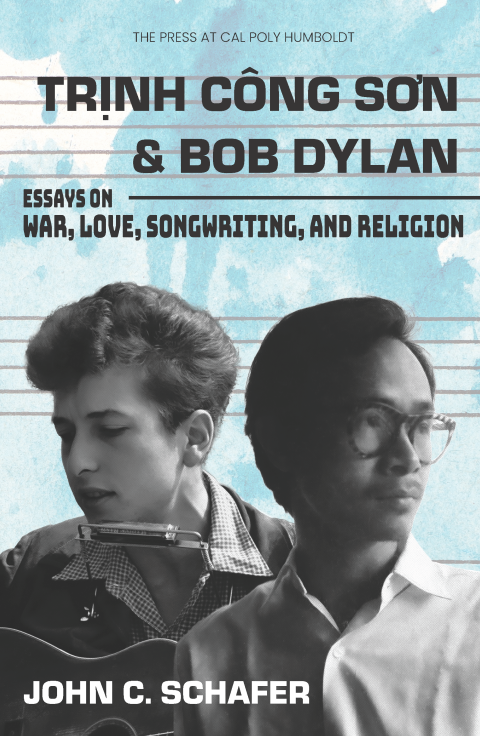The Trịnh Công Sơn Phenomenon
Abstract
This article attempts to explain the extraordinary popularity of Vietnamese composer and singer Trịnh Công Sơn. Although he attracted attention with love songs composed in the late 1950s, it was his antiwar songs, particularly those collected in Songs of Golden Skin (1966), that created the “Trịnh Công Sơn phenomenon.” Though these songs were banned by the Saigon government, they circulated widely in the South during the war. Though he was distrusted by the new Communist government after the war, Sơn continued to compose until his death in 2001, and his songs are still popular in Vietnam today. Some reasons for his popularity are offered, including the freshness of his early love songs, his evocation of Buddhist themes, his ability to express the mood of Southerners during the war, and a mixture of patience and persistence that enabled him to continue to compose in postwar Vietnam.
- Footnotes
- John C. Schafer (jcs1@humboldt.edu) is professor emeritus in the Englsh Department at Humboldt State University in Arcata, California.
Các thao tác trên Tài liệu






